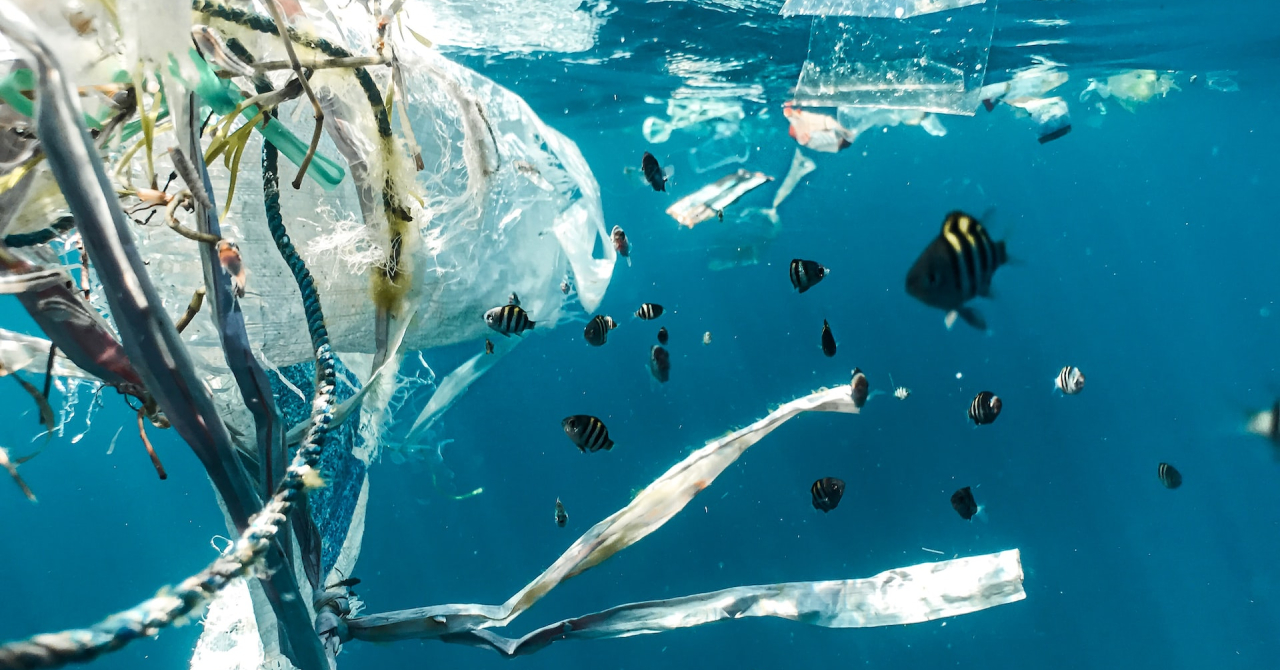So much of this plastic waste has gathered in our oceans, that it formed a giant island three times the size of France in the Pacific Ocean.
According to Visual Capitalist, a scientific report published in Science.org may have found which are the world's most polluting countries with regards to plastic waste.
The majority of plastic waste, as per the report, comes directly from the items that we discard. These find their way in drainage systems, in rivers and on beaches and, eventually, they reach our seas, drifting away. Fishing nets also represent an issue, as they can get damaged or discarded entirely by fishermen.
Coming back to the countries that release the most plastic waste materials into our large waters, the largest producers or consumers of plastic in the world, such as China, are not the ones that actually mismanage it the worst.
As a matter of fact, Malaysia produces 10 times less plastic waste compared to China, but due to poor waste management, the peninsular country allows 9% of these materials to get into the ocean, compared to China's 0.6%.

Photo source: Visual Capitalist
The Philippines was rated by experts the world's most ocean-polluting country, as it is responsible for 35% of the total plastic waste that reaches our oceans. Around 356.000 tons of plastics reach the large waters of the Earth from the nation every year, while in second place sits India, with significantly less waste, at some 126.000 tons.
The Philippines produces way more plastic waste than the rest of the world combined, meaning countries that were not present in the ranking.
Southeastern Asian countries in general, including Myanmar, Bangladesh and Vietnam, are responsible for more than 75% of the plastic waste that accumulates in our oceans every year.
Brazil is the only non-Asia country that made it into the ranking, as it sits at number 7 with less than 38.000 tons of discarded plastic materials.
High-income countries, which are also large consumers of plastic, have better management solutions, such as recycling or exporting, which is why they don't directly contribute with plastic waste.
Researchers say that the best solution to fight plastic waste is to produce and use less of these materials, while better management solutions are also needed to discourage incineration and accumulation in the planet's ecosystems.
 Mihai - Cristian Ioniță
Mihai - Cristian Ioniță












Any thoughts?